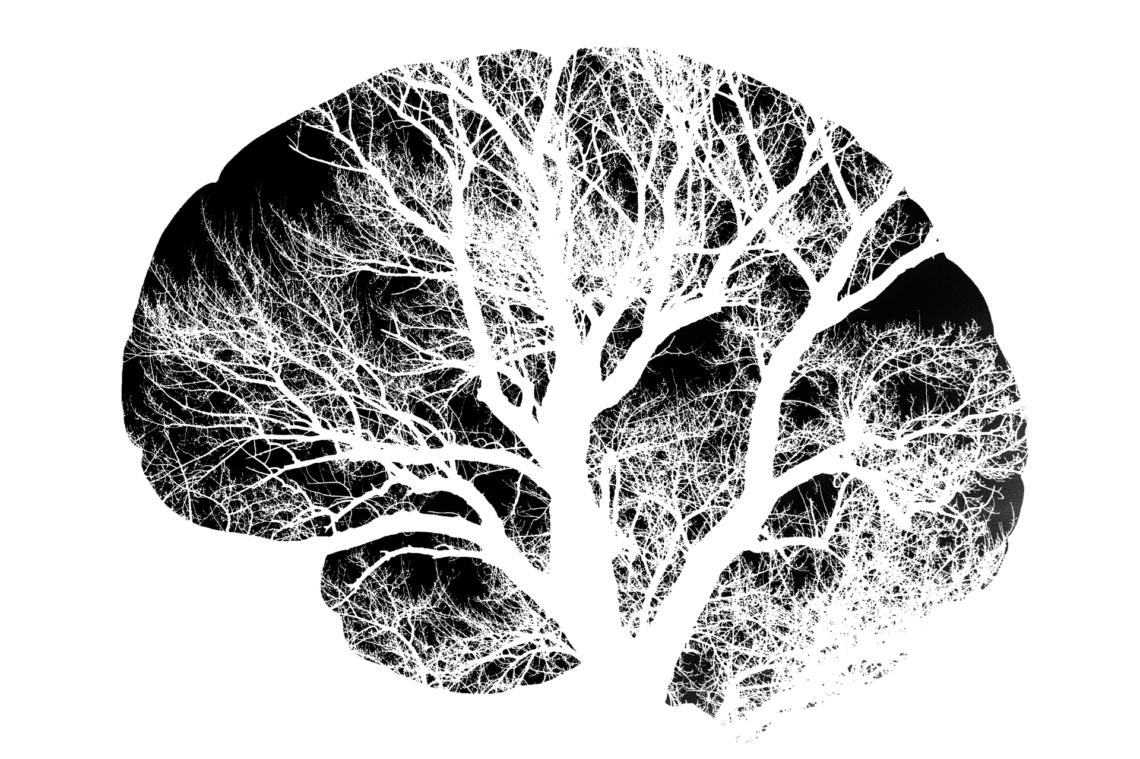Articles related to
InsightsMultiple Sclerosis: A Deeper Dive
Multiple Sclerosis: A Deeper Dive, provides an overview of the disease, with scientific and medical expressions explained in simple terms. What is Multiple Sclerosis? Multiple sclerosis or MS is a neurodegenerative disease, which means that the brain will become more affected over time. It’s characterised by damaged areas (lesions) on the brain and spinal cord. MS causes, among other things, muscle spasms, and problems with thinking, learning, and mobility. . What causes Multiple Sclerosis? Genetic factors MS has a genetic susceptibility, but it is not directly inherited. It is estimated that 8.5% of the population is ‘genetically susceptible’ to multiple sclerosis, and people in this category are 12 times more likely to develop MS than the rest. As a result, 84% of all MS cases come from this genetically susceptible group. MS is known to affect more women than men, but there is no evidence to suggest that there are more…
Why is MS Often So Difficult to Diagnose?
MS can be difficult to diagnose because the symptoms can be easy to ignore or put down to another condition, and because there’s no single test that can diagnose it. What is multiple sclerosis? Multiple sclerosis, or MS, causes the brain to degenerate over time. It’s characterised by damaged areas (lesions) on the brain and spinal cord. MS causes, among other things, muscle spasms, problems with thinking and learning, and mobility problems. Why is MS often difficult to diagnose? The symptoms of MS are varied. Not every patient will experience them all, and most will experience them differently. Many of the symptoms are also easy to dismiss or to put down to something else, which can make early diagnosis difficult. The most common symptoms are: FatigueProblems with sightTrouble with balance and dizzinessNumbness and tinglingMuscle spasms, stiffness and weaknessProblems when thinking or planningSexual problemsBladder problemsBowel problemsProblems with speech and swallowing For…
How Does MS Affect the Body?
MS affects the body by causing, among other things, muscle spasms, problems with thinking and learning, and mobility problems. How does Multiple Sclerosis affect the body? The symptoms of multiple sclerosis are varied, can affect any part of the body, and every patient is affected differently. For some, the symptoms develop and get more pronounced over time, and for others the symptoms come and go. Two terms that are often used are: Relapse – when symptoms that have abated for a time, come back.Remission – When symptoms that have been bad, improve or clear. The most common symptoms include: FatigueProblems with sightTrouble with balance and dizzinessOsteoporosisNumbness and tinglingMuscle spasms, stiffness and weaknessProblems when thinking or planningSexual problemsBladder problemsBowel problemsProblems with speech and swallowing For more information on the history, causes and treatments of MS, see MS: A Deeper Dive Fatigue Fatigue is an ‘invisible symptom’ of multiple sclerosis. It comes as…
Would you like to know more about Hometouch's high quality live-in care service?
What Are MS Symptoms?
The symptoms of MS include: fatigue, problems with sight, balance and dizziness, numbness and tingling, muscle spasms, cognitive difficulties, bladder and bowel problems. What is Multiple Sclerosis? Multiple sclerosis, or MS is a neurodegenerative disease, which means that the brain degenerates over time. It’s characterised by damaged areas (lesions) on the brain and spinal cord. MS causes, among other things, muscle spasms, problems with thinking and learning, and mobility problems. For more information about the history, causes, and treatments of multiple sclerosis, see MS: A Deeper Dive What are MS symptoms? The symptoms of multiple sclerosis are varied, can affect any part of the body, and every patient is affected differently. For some, the symptoms develop and get more pronounced over time, and for others the symptoms come and go. Two terms that are often used are: Relapse – when symptoms that have abated for a time, come back.Remission –…
Speak to one of our knowledgeable care advisers about Hometouch’s high quality live-in care service

Why do Parkinson’s patients sleep so much?
Parkinson’s patients experience difficulties with their sleep due to the disease itself and the medications that treat it. This can lead to increased sleepiness during the day. Parkinson’s disease can cause problems with sleep, and the medications used to treat…

How Does Parkinson’s Disease Affect Daily Life?
Parkinson’s disease can alter your family relationships, how you exercise, eat, work, and move. But these changes don’t happen immediately, and you can take steps to minimise their long term impact. How does Parkinson’s affect daily life? Parkinson’s is…

Parkinson’s Disease: A Deeper Dive
Parkinson’s: A Deeper Dive Parkinson’s: A Deeper Dive, provides an overview of the disease, with scientific and medical expressions explained in simple terms. Parkinson’s disease is a progressive neurological disorder. This means that brain function will become more and more…

The Importance of Father’s Day
The importance of father’s day lays in the opportunity to learn more about your dad; who he was, who he is, and how you’ve shaped him into the person he is today. As you age it’s likely that your relationship…

Diabetes And The Elderly
Diabetes doesn’t go away with age, but the challenges of diabetes do change with time. Does diabetes change with age? Diabetes is an ongoing condition, and with age the challenges of managing medication and nutrition increase. If you have an…

What are heart palpitations?
Palpitations, faintness and shortness of breath are the signs of a possible heart arrhythmia. An arrhythmia happens when the electrical signals regulating your heartbeat, malfunction. These malfunctions can cause irregularities or unusual rhythms in a heartbeat that should be stable.…
Apply for live-in care jobs
Hometouch has been one of the best companies I have worked for in the care sector! I have always been told I’m appreciated and been made to feel like it too. I’m so happy to be a part of the Hometouch team
Shaheen

£750 - £900 per week. Double bank holiday pay
You choose your own clients
Clinical support
Free training, webinars and supervision